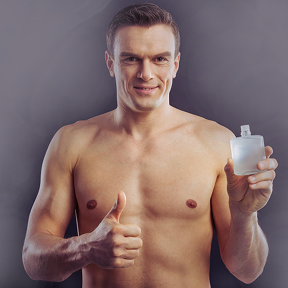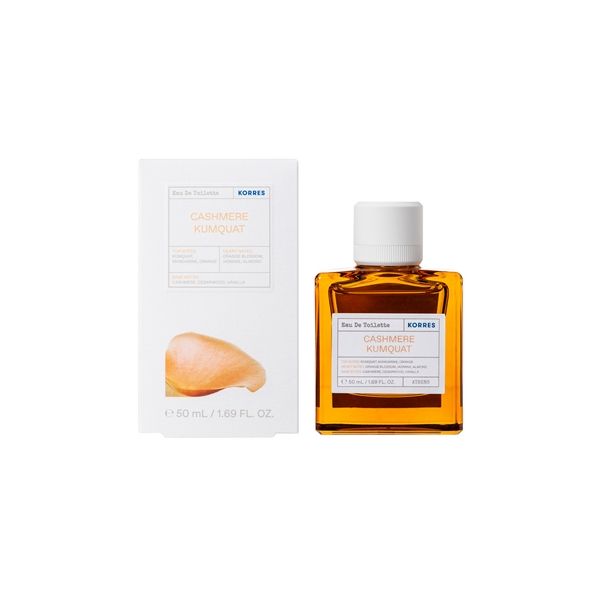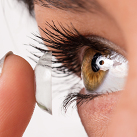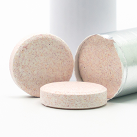Blog
Vitamin C Benefits for Your Skin
If you asked a dermatologist for a list of the best skin care ingredients, vitamin C would probably be at the top. Brighten your skin with vitamin C.
Few ingredients have the ability to brighten the skin, protecting it from aggressive agents and at the same time fighting the signs of aging. Discover all the reasons you have to include it in your daily beauty routine with the most enhanced formula of a serum and get ready to shine!
11 Reasons To Choose A Vitamin C Serum
It is safe for most skin types
Most people can make topical application of vitamin C for an extended period of time without any side effects. In addition, vitamin C can be used safely in combination with other active ingredients in skin care, such as A-hydroxy acids, retinols and sunscreens.
Provides hydration
One of the main synthetic derivatives of vitamin C, magnesium ascorbyl phosphate, used in cosmetics, has been shown to have a moisturizing effect on the skin. Reduces transepidermal water loss, allowing the skin to retain its moisture.
Brightens your skin
Vitamin C contributes to the discoloration of spots and reduces the dullness of the skin. In this way, it offers a youthful glow to the skin.
Reduces redness
Vitamin C has been proved very effective to treat various inflammatory conditions of the skin. Minimizes redness, offering a healthier and more even complexion.
Fights hyperpigmentation
Hyperpigmentation, such as sunburn and age spots or freckles and melasma, occurs when there is an overproduction of melanin in certain areas of the skin. They can also occur in areas where acne has disappeared. The application of vitamin C inhibits the production of melanin and thus contributes to the fading of dark spots.
It “erases” dark circles
Although vitamin C is more effective in reducing the general redness of the face, many people have found that it can also reduce the discoloration associated with dark circles.
Enhances collagen production
It is well known that vitamin C stimulates the production of collagen, a protein that is naturally produced by the skin, but its production weakens over time. Decreased collagen levels result in the appearance of fine lines and wrinkles.
Prevents sagging skin
Collagen production is also related to the elasticity and firmness of the skin. When collagen levels fall, then the skin appears more loose. Applying a serum with vitamin C can stimulate collagen production, offering skin tightening.
Protects against sun damage
Sun damage is due to molecules called free radicals. These are atoms that lack one electron. Free radicals are looking for other atoms from whom they can “steal” an electron and this can cause significant damage to the skin. Vitamin C is rich in antioxidants, which protect healthy skin cells by “providing” electrons to these free radicals, making them harmless for the skin.
Relieves sunburn
In addition to soothing redness, vitamin C accelerates cell renewal, ie the replacement of damaged cells with new healthy ones, and therefore contributes to faster recovery from sunburn.
Contributes to wound healing
Finally, vitamin C accelerates the healing process of wounds, thus minimizing the risk of the skin developing inflammations, infections and scars.
How To Use A Vitamin C Serum
Although topical application of vitamin C is generally very well tolerated by the skin, it is advisable for a test to be preceded for a possible allergic reaction. Choose a small area of your skin that you could easily cover. For example your arm. Apply a small amount of product and wait for 24 hours. If there is no reaction, then you can use it without fear on your face. In case of erythema or redness, its use should be discontinued. If your skin is extremely sensitive, avoid using products with L-ascorbic acid. Instead prefer those with magnesium ascorbyl phosphate. It is recommended to follow the instructions of use of the product to know how often you may use it. In general, serums with vitamin C are applied 1-2 times a day. After thoroughly cleansing the skin, first apply the toning lotion, then the serum with vitamin C and finally your moisturizer.
Note:
If you notice that the product has darkened or changed color, then chances are vitamin C has oxidized. Although the product remains safe to use, its effect has weakened.

 Ελληνικά
Ελληνικά









































